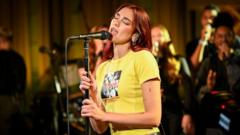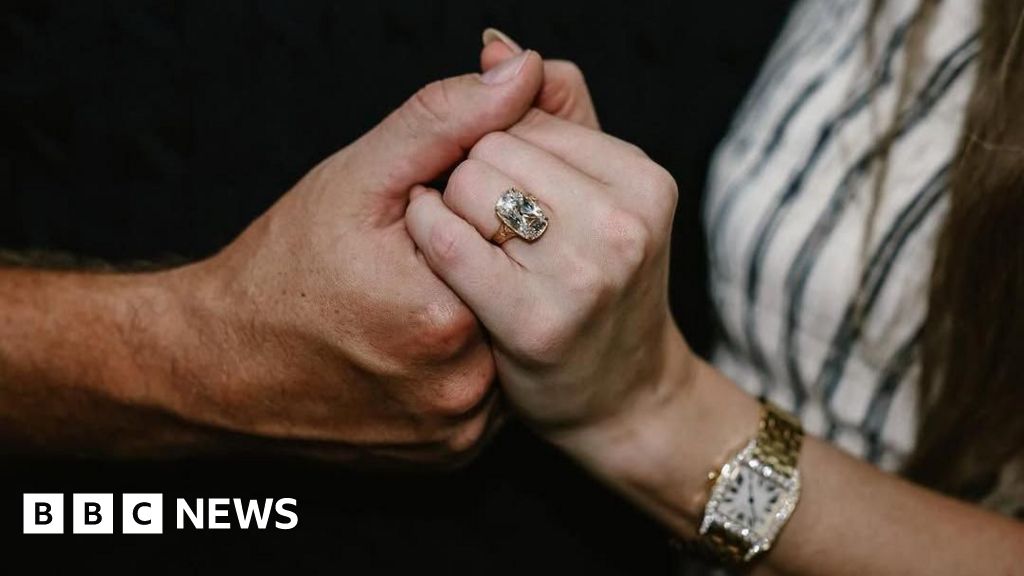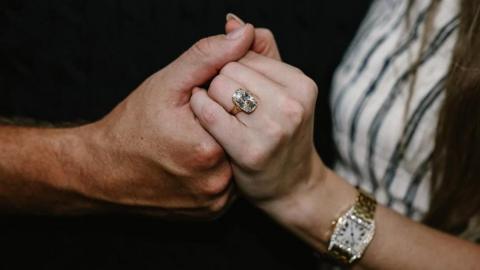With concerns mounting over the way generative AI systems utilize copyrighted material to function, the artists have proposed an amendment to the Data (Use and Access) Bill, which would instate obligations for AI developers to disclose their use of creative content during model training. This initiative aims to secure not only the future of the UK’s vibrant creative industry but also its global reputation as a leader in artistic innovation.
Despite backing from a significant cross-section of the creative community, the proposal has elicited skepticism from some quarters. Critics like Julia Willemyns, co-founder of the Centre for British Progress think tank, argue that stringent copyright measures may hinder growth and innovation within the UK economy.
The artists’ statement, rich with significant names from the industry, makes clear their belief that without proper regulations, artists would be forced to surrender their creations to the whims of tech giants. Notably, the letter underscores that AI technologies rely on creative talent, making protective measures essential for a balanced partnership.
The ongoing debate reflects broader anxieties within the creative sector concerning the implications of AI on artistic integrity and economic sustainability. With the government pledging to collaborate with stakeholders on measures to bolster protections, the future development of AI alongside artistic expression remains a complex challenge filled with opportunities and risks.
Despite backing from a significant cross-section of the creative community, the proposal has elicited skepticism from some quarters. Critics like Julia Willemyns, co-founder of the Centre for British Progress think tank, argue that stringent copyright measures may hinder growth and innovation within the UK economy.
The artists’ statement, rich with significant names from the industry, makes clear their belief that without proper regulations, artists would be forced to surrender their creations to the whims of tech giants. Notably, the letter underscores that AI technologies rely on creative talent, making protective measures essential for a balanced partnership.
The ongoing debate reflects broader anxieties within the creative sector concerning the implications of AI on artistic integrity and economic sustainability. With the government pledging to collaborate with stakeholders on measures to bolster protections, the future development of AI alongside artistic expression remains a complex challenge filled with opportunities and risks.





















